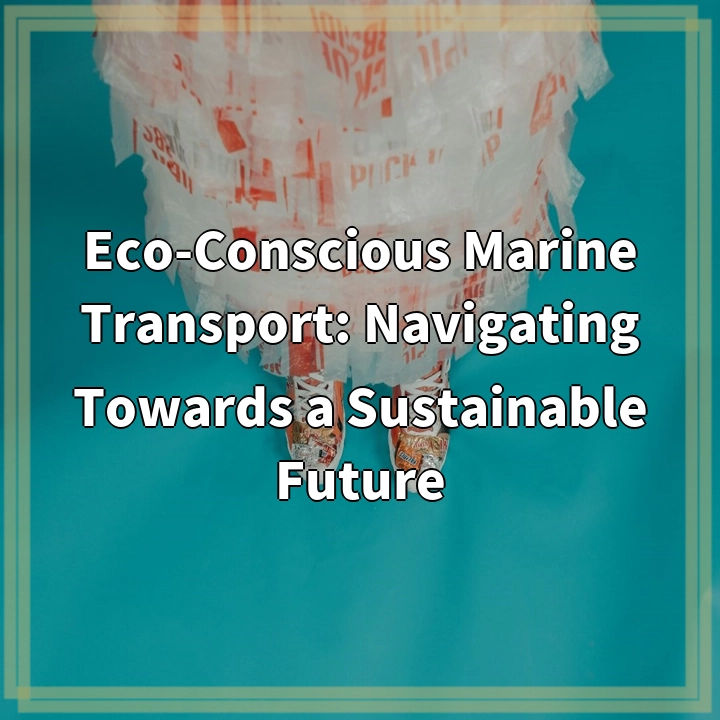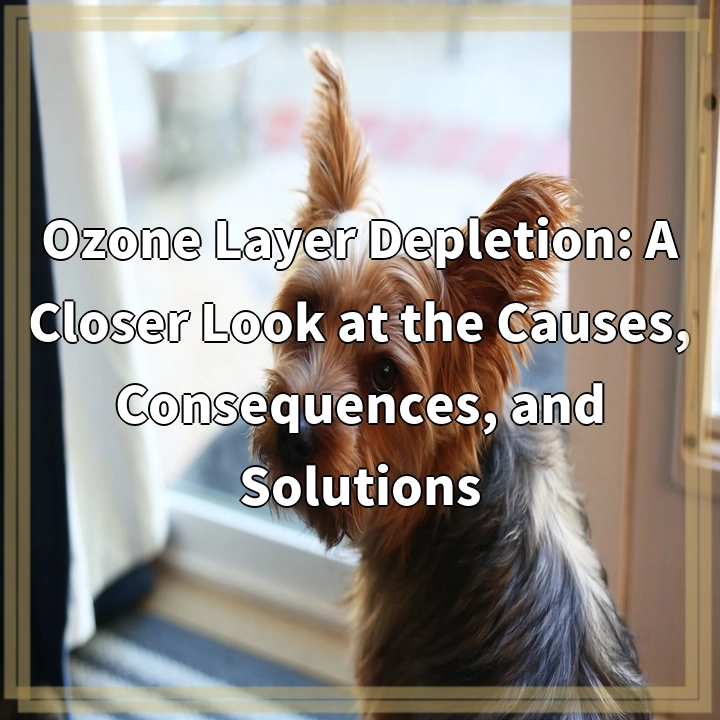
What it is:
Renewable Heating Solutions: A Path Towards Sustainable Energy
Renewable heating solutions refer to the use of sustainable energy sources for heating purposes. Traditional heating systems heavily rely on fossil fuels such as coal, oil, and natural gas, which contribute to greenhouse gas emissions and accelerate climate change. In contrast, renewable heating solutions utilize sources like solar, geothermal, biomass, and heat pumps, which have a significantly lower environmental impact.
These solutions harness the power of natural resources to provide heat for residential, commercial, and industrial purposes. By adopting renewable heating technologies, we can reduce our dependence on fossil fuels, lower carbon emissions, and contribute to a more sustainable future.
Real-world problems:
1. High initial costs
One of the main challenges associated with renewable heating solutions is the higher upfront costs compared to traditional heating systems. Installing solar panels, heat pumps, or geothermal systems can require a significant investment, which may deter some individuals or organizations from adopting these technologies.
However, it is essential to consider the long-term benefits and cost savings that these solutions offer. Renewable heating systems have a lower operational cost over time due to reduced energy consumption and maintenance requirements, leading to potential savings in utility bills.
2. Limited accessibility and infrastructure
Despite the growing popularity of renewable heating solutions, there are still challenges in terms of accessibility and the necessary infrastructure. In certain regions, renewable energy sources may not be as readily available, making it difficult for individuals and communities to transition to sustainable heating systems.
Additionally, retrofitting existing buildings with renewable heating technologies might require modifications or upgrades to the building’s infrastructure. This can present logistical challenges and additional costs, particularly for older structures that were not initially designed with renewable energy in mind.
3. Integration with existing systems
Another real-world problem with renewable heating solutions is the integration with existing heating systems. In some cases, there may be a need to retrofit or modify existing systems to accommodate renewable technologies, which can be complex and costly.
Furthermore, compatibility issues between different renewable heating technologies can arise, making it challenging to create a fully integrated and efficient heating system. Therefore, careful planning and expert advice are crucial to ensure seamless integration and maximize the effectiveness of these solutions.

Solutions to the real-world problems associated with Renewable Heating Solutions:
1. Addressing high initial costs
While the upfront costs of renewable heating solutions may be higher, there are ways to address this challenge. Governments and organizations can provide financial incentives such as tax credits or subsidies to offset the initial investment. Additionally, alternative financing options, like loans or leasing programs, can make renewable heating systems more affordable and accessible to a wider range of individuals and businesses.
2. Improving accessibility and infrastructure
To overcome limited accessibility and infrastructure challenges, governments and policymakers need to prioritize the development of renewable energy infrastructure. This includes expanding the availability of renewable heating technologies and ensuring that energy grids can accommodate the integration of these systems. Investment in research and development can also help improve the efficiency and effectiveness of renewable heating solutions, making them viable options in all regions.
3. Enhancing integration with existing systems
To facilitate the integration of renewable heating solutions with existing systems, it is crucial to encourage collaboration between different stakeholders. This can involve bringing together professionals from various fields, including renewable energy experts, engineers, architects, and heating system manufacturers. By fostering cooperation and knowledge sharing, these experts can develop innovative solutions to seamlessly integrate renewable heating technologies into existing infrastructure.















